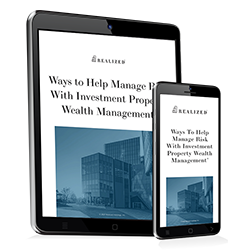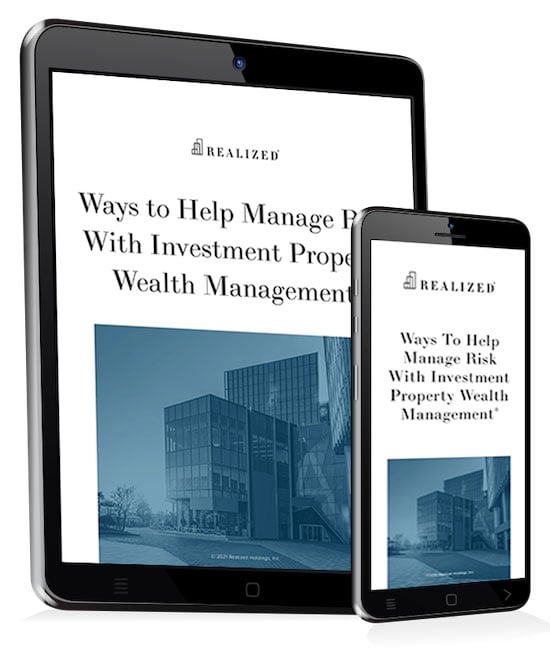
Sponsors are the representatives of real estate deals for investors and developers. To maintain a good reputation and continued deal flow, sponsors need to provide high-quality service, which means a smooth deal transaction from beginning to end.
When working with a sponsor, investors can increase their odds of a smooth deal transaction by understanding what sponsor risk is and what to look for in managing those risks. Let’s see how.
What Is a Sponsor?
Sponsors put together real estate deals. Sponsors are sometimes called syndicators. They bring real estate deals and investors together. They also manage the deal through to exit. For their services, sponsors collect fees.
Rather than going out and finding a deal on their own or waiting for a deal flow to cross their desk, real estate investors can turn to sponsors. Sometimes a sponsor will even seek out investors. Many sponsors already have a ready pool of investors within the network.
Some of the responsibilities of a sponsor are to find deals, investors, and secure and structure financing. Basically, the sponsor handles all aspects of the investment deal. For investors, the deal can be fairly passive, if not completely passive.
What Is Sponsor Risk?
Assuming the price is right (i.e., sponsor fee compared to returns), utilizing a sponsor can benefit investors. But like most investments that seek to deliver above-average returns, there are risks to consider.
Below are a couple of areas to look out for specific to sponsor risks:
- The sponsor is not able to successfully initiate the deal. An investor who puts off other deals because they are waiting on a specific deal to close incurs opportunity costs. While the investor is waiting, he may forfeit other opportunities.
- The sponsor takes a higher risk because they have no stake in the deal. A sponsor who hasn’t put his own money into a deal may be willing to take on additional risks that he would not otherwise.
In the next section, we’ll go over what to look for in a sponsor, which can help manage and further identify sponsor risk.
Analyzing Sponsors for Quality
Sponsor risk doesn’t have to be something that occurs after the fact (i.e., after you’ve gotten into a deal). Thorough vetting of a sponsor can be helpful when pursuing a successful deal. Below is a long list of things to look out for when choosing a sponsor:
- Larger firm vs. startup. A larger firm should have more experience, resources, and skills than a startup, making a startup a risky option.
- How long has the sponsor been around? Sponsors that have been around longer have reputational risk.
- How much did the sponsor pay for the property, and how does it compare to similar properties?
- How do fees compare? Are they capped?
- Is the sponsor co-investing (i.e., do they have their own money in the deal)?
- Sponsor track record:
- What have they invested in?
- Where have they invested?
- How did those deals perform? Did they meet projections?
- Have any of the sponsor’s deals been exited?
- Are there any previous or pending litigations against the sponsor?
- Is the sponsor able to execute their business plan?
- Has the sponsor been able to start paying distributions as planned? Have they ever missed distribution payments?
- Is the sponsor investing in a significantly different deal from previous deals (i.e., turnkey vs. value-add, geography, sector, etc.)?
- Is the exit strategy significantly different from previous exit strategies performed by the sponsor?
- What is the sponsor’s communication like during a deal, and how often do they communicate? If expenses are exceeding projections, does the sponsor let investors know?
- Ask the sponsor for referrals and follow up with them.
- Ask the sponsor to speak to investors who have dealt with the sponsor, especially if they are in a current deal with the sponsor.
If you are going through a sponsor that works with a broker-dealer, the broker-dealer should also perform due diligence on the sponsor.
The above list is not exhaustive but will help weed out some risks. Your local realtor may also be a good source for a sponsor referral.
One of the worst sponsor risks is a sponsor who commits outright fraud. While fraud is rare, investors should remain on guard for potential red flags (per the above list) throughout the deal.
Investors can better manage potential sponsor risks by knowing what to look for, whether dealing with an existing or a new sponsor.
Past performance is not a guarantee of future results. All real estate investments have the potential to lose value during the life of the investment. There is no guarantee that the investment objectives of any particular program will be achieved. The actual amount and timing of distributions paid by programs is not guaranteed and may vary. There is no guarantee that investors will receive distributions or a return of their capital. These programs can give no assurance that it will be able to pay or maintain distributions, or that distributions will increase over time.



